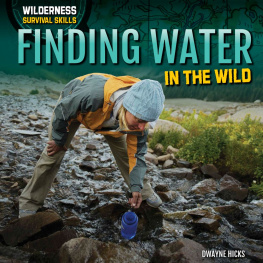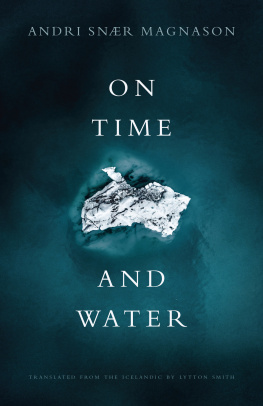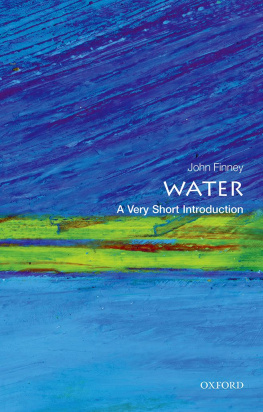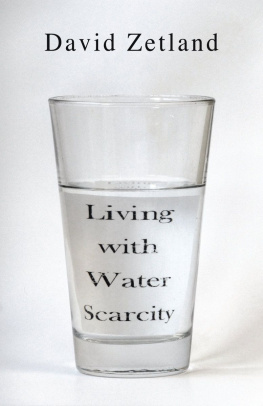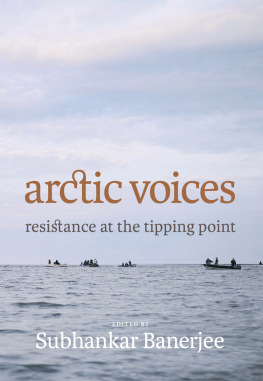Andri Snaer Magnason - On Time and Water
Here you can read online Andri Snaer Magnason - On Time and Water full text of the book (entire story) in english for free. Download pdf and epub, get meaning, cover and reviews about this ebook. year: 2020, genre: Religion. Description of the work, (preface) as well as reviews are available. Best literature library LitArk.com created for fans of good reading and offers a wide selection of genres:
Romance novel
Science fiction
Adventure
Detective
Science
History
Home and family
Prose
Art
Politics
Computer
Non-fiction
Religion
Business
Children
Humor
Choose a favorite category and find really read worthwhile books. Enjoy immersion in the world of imagination, feel the emotions of the characters or learn something new for yourself, make an fascinating discovery.

- Book:On Time and Water
- Author:
- Genre:
- Year:2020
- Rating:5 / 5
- Favourites:Add to favourites
- Your mark:
- 100
- 1
- 2
- 3
- 4
- 5
On Time and Water: summary, description and annotation
We offer to read an annotation, description, summary or preface (depends on what the author of the book "On Time and Water" wrote himself). If you haven't found the necessary information about the book — write in the comments, we will try to find it.
On Time and Water — read online for free the complete book (whole text) full work
Below is the text of the book, divided by pages. System saving the place of the last page read, allows you to conveniently read the book "On Time and Water" online for free, without having to search again every time where you left off. Put a bookmark, and you can go to the page where you finished reading at any time.
Font size:
Interval:
Bookmark:
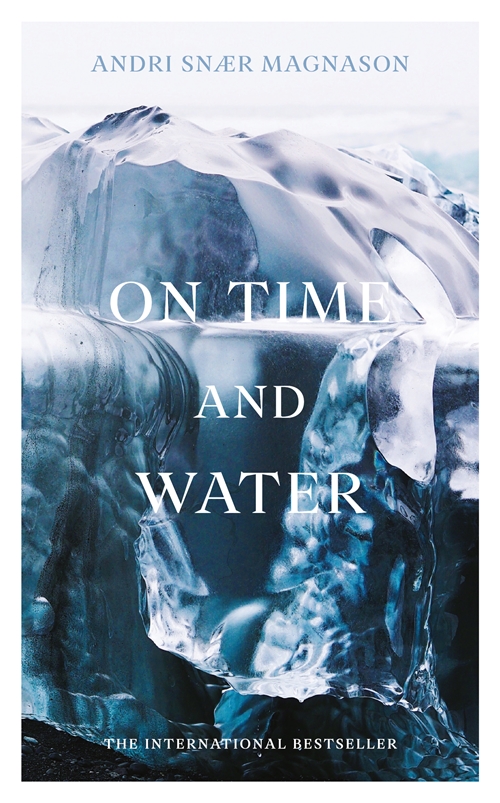
First published in Great Britain in 2020 by Serpents Tail, an imprint of
Profile Books Ltd,
29 Cloth Fair, Barbican,
London EC1A 7JQ
www.profilebooks.com
Copyright Andri Snr Magnason 2020
English translation Lytton Smith 2020
First published in Icelandic by Forlagid, 2019
The moral right of the author has been asserted.
All rights reserved. Without limiting the rights under copyright reserved above, no part of this publication may be reproduced, stored or introduced into a retrieval system, or transmitted, in any form or by any means (electronic, mechanical, photocopying, recording or otherwise), without the prior written permission of both the copyright owner and the publisher of this book.
A CIP catalogue record for this book is available from the British Library.
ISBN 9781788165518
e-ISBN 9781788165525
This book has been translated with financial support from


In the end, we will conserve only what we love, we will love only what we understand, and we will understand only what we are taught.
Baba Dioum
Take notice what you notice.
Thorvaldur Thorsteinsson
Whenever I host overseas visitors to Reykjavk, I like to drive them along Borgartn, a street I call the Boulevard of Broken Dreams. I point out Hfdi, the white wooden house where Ronald Reagan and Mikhail Gorbachev met in 1986, a house that many people associate with the end of communism, the fall of the Iron Curtain. The nearest building to Hfdi is a black boxy structure, all glass and marble, that once housed the headquarters of Kaupthing Bank. Kaupthings collapse in 2008 was the fourth-largest bankruptcy in the history of capitalism not merely per capita of the Icelandic population but in net US dollars: 20 billion dollars.
I dont mean to gloat over others misfortunes, but it astonishes me that before middle age Id already witnessed the collapse of two vast belief systems, communism and capitalism. Each had been maintained by people whod scaled the peaks of the establishment, of government and of culture, people esteemed in direct proportion to their relative position at the pyramids apex. Deep inside these systems, people kept up appearances right to the bitter end. On 19 January 1989, the East German General Secretary of the Socialist Unity Party of Germany, Erich Honecker, said: The wall will stand in fifty years time, and a hundred years, too. The wall collapsed that November. Kaupthings CEO said in a television interview on 6 October 2008, after the bank had received emergency loans from the Central Bank of Iceland: Were doing very well indeed, and the Central Bank can be confident it will get its money back I can tell you that without hesitation. Three days later, Kaupthing collapsed.
When a system collapses, language is released from its moorings. Words meant to encapsulate reality hang empty in the air, no longer applicable to anything. Textbooks are rendered obsolete overnight and overly complex hierarchies fade away. People suddenly find it difficult to hit upon the right phrasing, to articulate concepts that match their reality.
Between Hfdi and Kaupthings former headquarters theres a grassy lawn. In its centre stands a paltry copse of trees: six spruces and some woolly willow shrubs. Lying inside that cluster of trees, between the two buildings, looking up at the sky, I found myself wondering which system would collapse next, what big idea would be the next to take hold.
Scientists have shown us that the foundations of life, of Earth itself, are failing. The principal ideologies of the twentieth century considered the Earth and nature as sources of inexpensive, infinite raw material. Humans assumed that the atmosphere could continually absorb emissions, that oceans could endlessly absorb waste, that soil could constantly renew itself if given more fertiliser, that animal species would keep moving aside as humans colonised more and more space.
If scientists predictions prove accurate about the future of the oceans and the atmosphere, about the future of weather systems, about the future of glaciers and coastal ecosystems, then we must ask what words can encapsulate these immense issues. What ideology can handle this? What should I read? Milton Friedman, Confucius, Karl Marx, the Book of Revelation, the Koran, the Vedas? How to tame these desires of ours, this consumption and materialism that, by any and every measurement, promise to overpower Earths fundamental life systems?
This book is about time and water. Over the next hundred years, there will be foundational changes in the nature of water on our Earth. Glaciers will melt away. Ocean levels will rise. Increasing global temperatures will lead to droughts and floods. The oceans will acidify to a degree not seen for fifty million years. All this will happen during the lifetime of a child who is born today and lives to be my grandmothers age, ninety-five.
Earths mightiest forces have forsaken geological time and now change on a human scale. Changes that previously took a hundred thousand years now happen in one hundred. Such speed is mythological; it affects all life on Earth, affects the roots of everything we think, choose, produce, and believe. It affects everyone we know, everyone we love. We are confronted by changes that are more complex than most of what our minds typically deal with. These changes surpass any of our previous experiences, surpass most of the language and metaphors we use to navigate our reality.
Compare it to trying to record the sounds of a volcanic eruption. With most devices, the sound becomes muddled; nothing can be heard but white noise. For most people, the phrase climate change is just white noise. Easier to have opinions on smaller matters. We can comprehend the loss of something valuable, can comprehend when an animal is shot, when a project blows past its agreed-upon budget. But when it comes to the infinitely large, the sacred, to things that are fundamental to our lives, theres no comparable reaction. Its as if the brain cannot register at such a scale.
This white noise deceives us. We see headlines and think we understand the words in them: glacial melt, record heat, ocean acidification, increasing emissions. If the scientists are right, these words indicate events more serious than anything that has happened in human history up to now. If we fully understood such words, theyd directly alter our actions and choices. But it seems that 99 per cent of the words meanings disappear into white noise.
Perhaps white noise is the wrong metaphor; the phenomenon is more like a black hole. No scientist has ever seen a black hole, which can have the mass of millions of suns and can completely absorb light. The way to detect black holes is to look past them, to look at nearby nebulae and stars. When it comes to discussing issues that affect all water on Earth, all Earths surface, the planets entire atmosphere, the issues enormity absorbs all the meaning. The only way to write about the subject is to go past it, to the side, below it, into the past and the future, to be personal and also scientific and to use mythological language. I need to write about things by not writing about them. I need to go backwards to move forwards.
Next pageFont size:
Interval:
Bookmark:
Similar books «On Time and Water»
Look at similar books to On Time and Water. We have selected literature similar in name and meaning in the hope of providing readers with more options to find new, interesting, not yet read works.
Discussion, reviews of the book On Time and Water and just readers' own opinions. Leave your comments, write what you think about the work, its meaning or the main characters. Specify what exactly you liked and what you didn't like, and why you think so.





